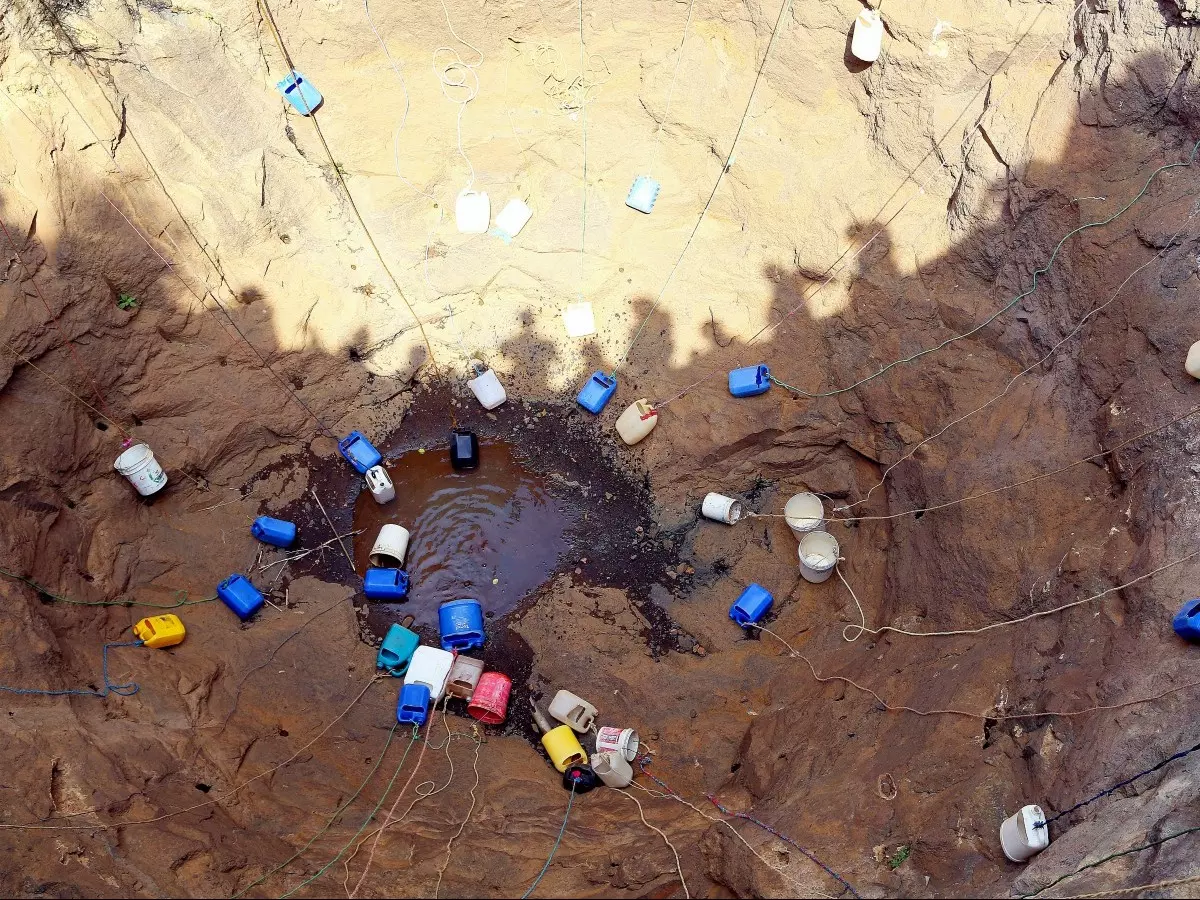2019 Was The Second Hottest Year On Record And It Is Only Going To Get Worse
Researchers on Wednesday confirmed that 2019 was the second-hottest year ever. According to independent analyses by NASA and the National Oceanic and Atmospheric Administration Earths global surface temperatures in 2019 were the second warmest since modern record keeping began in 1880.

While the world leaders continue to live in denial, calling Climate Change a hoax and saying things like "Climate has not changed, we have changed," the reality is climate change is real and it is not something that will happen in the distant future - it is happening right in front of our own eyes.

Be it extreme weather conditions like drought, melting of arctic ice, heavy rains, and floods, harsh winters, natural disasters or forest fires, the evidence is everywhere to be seen.
But undoubtedly the most evident sign of the impending disaster is global warming. The earth has been heating up at an alarming pace in the past few deceased, due to climate change.
Researchers on Wednesday confirmed that 2019 was the second-hottest year ever.
 AFP
AFP
According to independent analyses by NASA and the National Oceanic and Atmospheric Administration (NOAA), Earth's global surface temperatures in 2019 were the second warmest since modern record keeping began in 1880.
So far, 2016 has been the warmest year on record where it was 0.99 degrees Celsius warmer than the mid-20th century mean.
2019 narrowly missed out on setting a new record for the warmest year. According to scientists at NASA's Goddard Institute for Space Studies (GISS) in New York, 2019 temperature was 0.98 degrees Celsius above the 1951 to 1980 mean.

"The decade that just ended is clearly the warmest decade on record," said GISS Director Gavin Schmidt. "Every decade since the 1960s clearly has been warmer than the one before."'
The planet¡¯s average surface temperature has risen about 1.1 degrees Celsius since the late 19th century, a change driven largely by increased carbon dioxide and other human-made emissions into the atmosphere.
According to the World Meteorological Organization, the trend of average temperatures increasing is going to continue in 2020 as well.
 AFP
AFP
¡°Unfortunately, we expect to see much extreme weather throughout 2020 and the coming decades, fueled by record levels of heat-trapping greenhouse gases in the atmosphere,¡± WMO Secretary-General Petteri Taalas said in a statement.
More than 90 percent of the excess heat is stored within the world¡¯s ocean, and so ocean heat content is a good way to quantify the rate of global warming. A new study published by Advances in Atmospheric Sciences with data from the National Oceanic and Atmospheric Administration/National Center for Environmental Information and the Institute of Atmospheric Physics showed that ocean heat content was at a record level in 2019.
As the concerns continue to grow, for the first time environment has dominated the top five long-term global risks for business leaders, investors and policy-makers surveyed in the WEF¡¯s annual report, published on Wednesday.
 REUTERS
REUTERS
In its 50th edition, the WEF in Davos will focus on preventing the erosion of international solidarity ¨C a principle that underpinned the WEF¡¯s foundation ¨C and seek ways to build political and societal cohesion that can drive a global response to issues such as climate change.
